Email: [email protected]


Unlock your full potential and take your career to new heights with higher education! Pursuing a degree can significantly increase earning potential, provide valuable skills and knowledge, and unlock new opportunities for advancement. In today’s competitive job market, higher education is a key differentiator, setting you apart from others and demonstrating your commitment to excellence.
From developing essential skills like critical thinking, problem-solving, and communication to accessing exclusive resources like career networks, mentorship programs, and research opportunities, higher education offers a wealth of benefits that can propel you towards upward mobility and career success.
Whether you’re looking to switch industries, move into a leadership role, or start your own business, higher education can provide the foundation you need to achieve your goals. In this article, we’ll explore the top 10 ways higher education can boost your career, including:
Increased earning potential is a significant benefit of higher education. Studies have consistently shown that individuals with degrees earn higher salaries than those without. In fact, according to the Bureau of Labor Statistics, workers with a Bachelor’s degree typically earn about 50% more than those with only a high school diploma. This increased earning potential can lead to improved financial stability, reduced debt, and a higher standard of living.
Additionally, higher education can lead to promotions, bonuses, and other financial benefits, further increasing one’s earning potential. This financial boost can have a lasting impact on one’s career and overall well-being.
Improved job prospects are a direct result of higher education. A degree opens doors to more job opportunities, as many employers require or prefer candidates with degrees for certain positions. This increases one’s chances of landing a job in their field, reducing the time spent searching for employment. Higher education also provides a competitive edge in the job market, making graduates more attractive candidates.
Furthermore, a degree can lead to career advancement opportunities, such as promotions and leadership roles, which can further enhance one’s job prospects. This ultimately leads to a more fulfilling and successful career.
Higher education helps you develop valuable skills that are highly sought after by employers. You’ll refine your critical thinking, problem-solving, and communication skills, learning to approach complex challenges with creativity and analytical precision. You’ll also develop strong research, writing, and presentation skills, becoming proficient in articulating your ideas and perspectives.
Additionally, you’ll cultivate essential soft skills like teamwork, adaptability, and time management, making you a well-rounded and attractive candidate in the job market. By honing these skills, you’ll be equipped to tackle real-world challenges, drive innovation, and achieve success in your chosen career.
Higher education offers valuable networking opportunities that can last a lifetime. You’ll connect with peers, professors, and alumni, building a diverse network of professionals in your field. Through campus events, internships, and research projects, you’ll meet like-minded individuals, industry leaders, and potential mentors. These connections can lead to job opportunities, collaborations, and access to exclusive resources.
Your network will provide support, guidance, and valuable insights, helping you navigate your career. By fostering meaningful relationships, you’ll become part of a vibrant community that will help you achieve your goals and make a lasting impact in your profession.
Higher education provides specialized knowledge in a specific field, making you an expert in your area of study. You’ll delve deep into theories, concepts, and methodologies, gaining a comprehensive understanding of your subject matter. Through lectures, research, and projects, you’ll develop a nuanced understanding of industry trends, best practices, and cutting-edge technologies.
This specialized knowledge will enable you to tackle complex problems, design innovative solutions, and make informed decisions. With a deep understanding of your field, you’ll be equipped to make significant contributions, drive innovation, and advance your profession. Your expertise will set you apart and open doors to new opportunities.
Click on the next page button to continue enjoying the article!

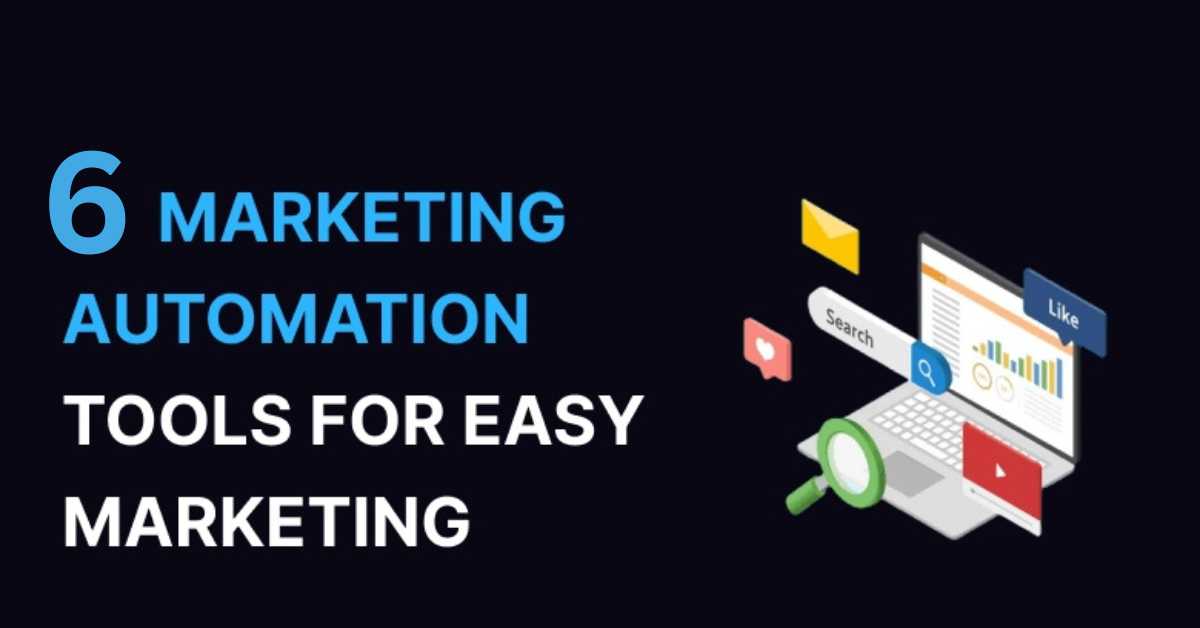
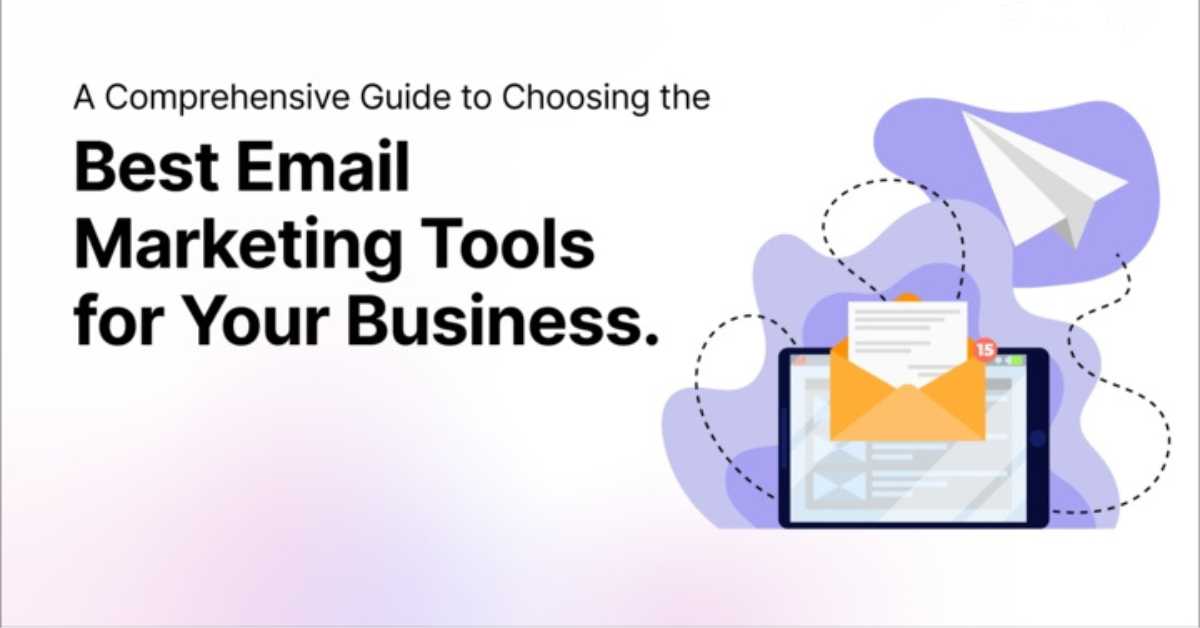




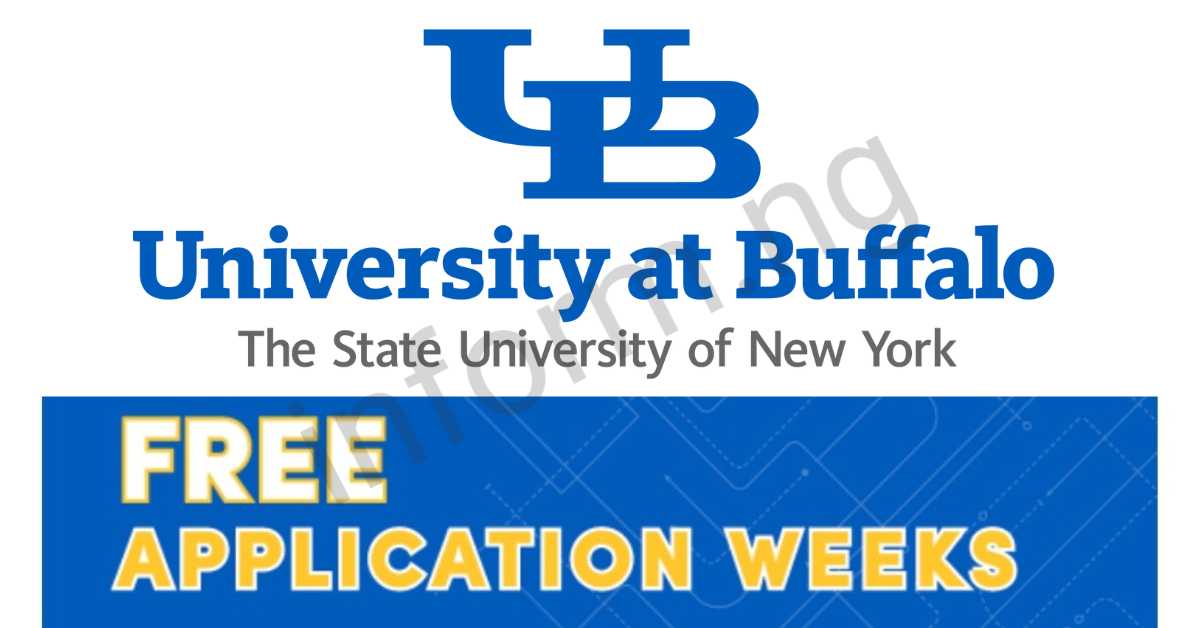
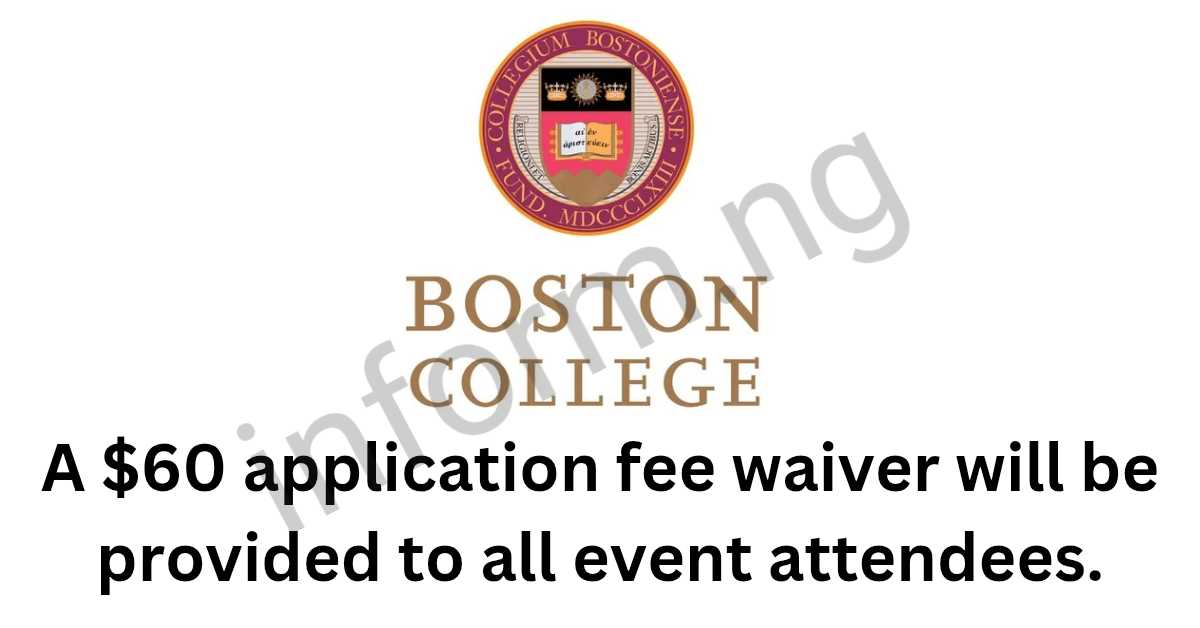

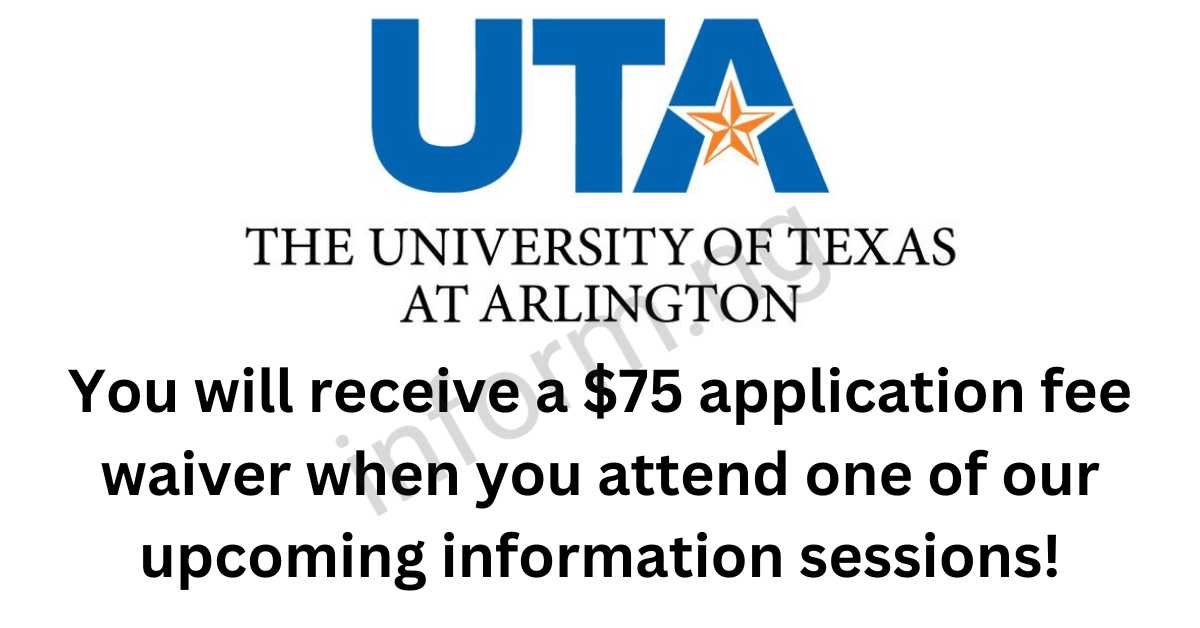

To provide the best experiences, we and our partners use technologies like cookies to store and/or access device information. Consenting to these technologies will allow us and our partners to process personal data such as browsing behavior or unique IDs on this site and show (non-) personalized ads. Not consenting or withdrawing consent, may adversely affect certain features and functions.
Click below to consent to the above or make granular choices. Your choices will be applied to this site only. You can change your settings at any time, including withdrawing your consent, by using the toggles on the Cookie Policy, or by clicking on the manage consent button at the bottom of the screen.
